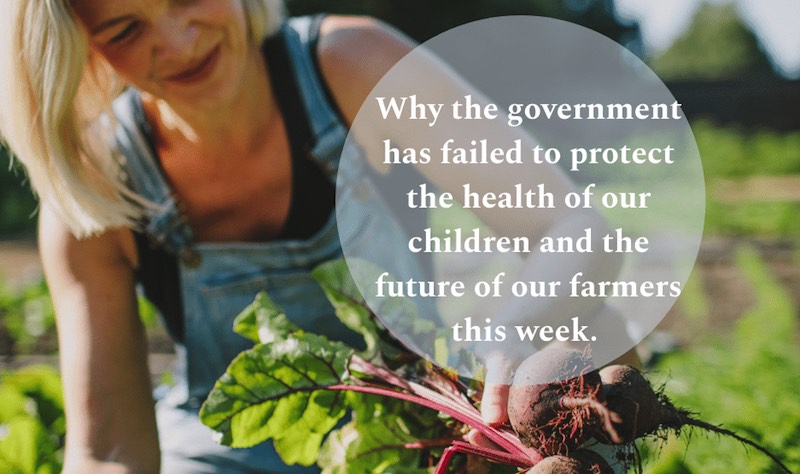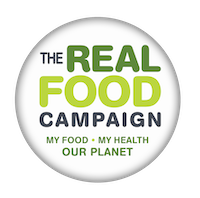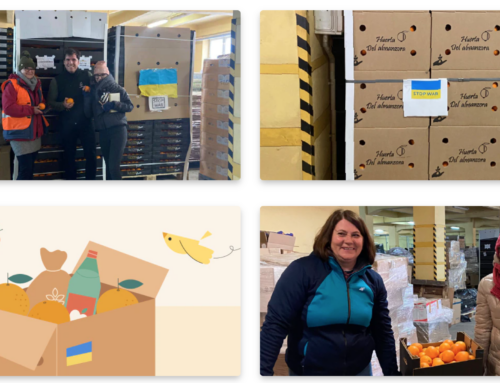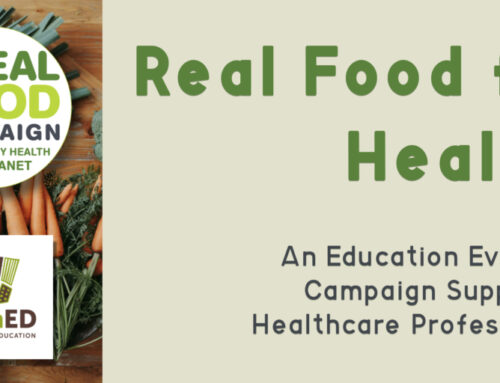This week we saw the amendment to the Agricultural Bill voted down. This amendment would have enshrined the promise of the UK to not lower the environmental and animal welfare standards set by the EU to protect our farmers and our health.
This decision was in direct conflict to promises made to us as voters. In January 2017, Michael Gove told us that Britain would create a ‘new gold-standard for food and farming quality’. In 2019 he pledged that ‘British food standards would not be lowered in pursuit of trade deals’.
This decision smooths the way for us to trade with the US.
Why does it matter to our farmers?
US imports will offer cheaper products. Our farmers will have to compete with this. This competition plays to the growing number of intensive mega-farms here in the UK and against our large community of small farms. This pressure will also push farming standards down so that they can grow food quicker.
Why does this matter to the environment?
Intensive chemical farming is one of the most destructive forces on the planet. The health of our planet, and that of our human health, lies in our soil. The solution to this is also found in farming. It is farming practices that promote soil health and regeneration that offer us hope. We need policies that promote and protect farmers who are practising this way.
Why does this matter to our health?
For several reasons. Fundamentally. the US has lower animal and food standards and, as a result, poorer health outcomes.
We know the following:
- They use pesticides known to be carcinogenic that are banned in the EU
- They use hormones as standard practice to speed up the growth of the animal.
- They have a higher use of medical antibiotics. This increases antibiotic resistance and leaves us without antibiotics to fight common infections.
- In this style of farming we see higher rates of e-coli and other bacteria. These bacteria have the potential to kill those of us that have other chronic diseases.
- 90% of US maize and soy is genetically modified. While we allow this to be imported to feed our animals (don’t get me started on that – they should be fed grass), it is banned here for human consumption. The US insists it has no impact on health. By contrast, the EU adheres to the ‘precautionary principle’: just because there is no proven harm (yet) doesn’t mean it’s safe.
- These GM crops have been created by Big Ag to be heavily dependant on herbicides and pesticides. Soy is the most heavily treated crop in the world. Grains from the US will have higher pesticide residue.
What can we do?
Labels. Labels. Labels.
Buy British to begin with but do read the label carefully. For example, a loaf of bread might be British but the grain imported from the US.
But buying British isn’t enough.
Intensive chemical farming is mainstream here in the UK too. It is contributing to the destruction of our soil and our health.
While buying British is a start, go a step further:
-
Buy from regenerative farms that practice low intensive farming and pasture-fed meat. I frequently write about my farm visits and will connect you with these British farmers.
-
Buy organic grains, soy and vegetables.
-
Grow your own.
-
Get to know your farmer. Many farmers are selling direct online, making products affordable and accessible.

About the author
Dr Sally Bell has 20 years experience as a medical doctor that specialises in lifestyle medicine. She has extensive international experience in providing healthcare in many different clinical scenarios.
Drawing from her experience, Dr Sally Bell has developed the five foundations framework. These five foundations underpin all health. Her passion is to put health firmly back into your hands.
Alongside her NHS work and private health clinic, Dr Sally Bell contributes on the BBC radio, acts as an advisor to the British Army on Wellbeing and works within the farming, food and hospitality industry seeking to highlight the power of our lifestyle choices in the pursuit of health.
She lives in Nottingham, UK with her husband and three children.
You can sign up for Sally’s newsletter, and she will do her best to guide you to health.





Leave A Comment